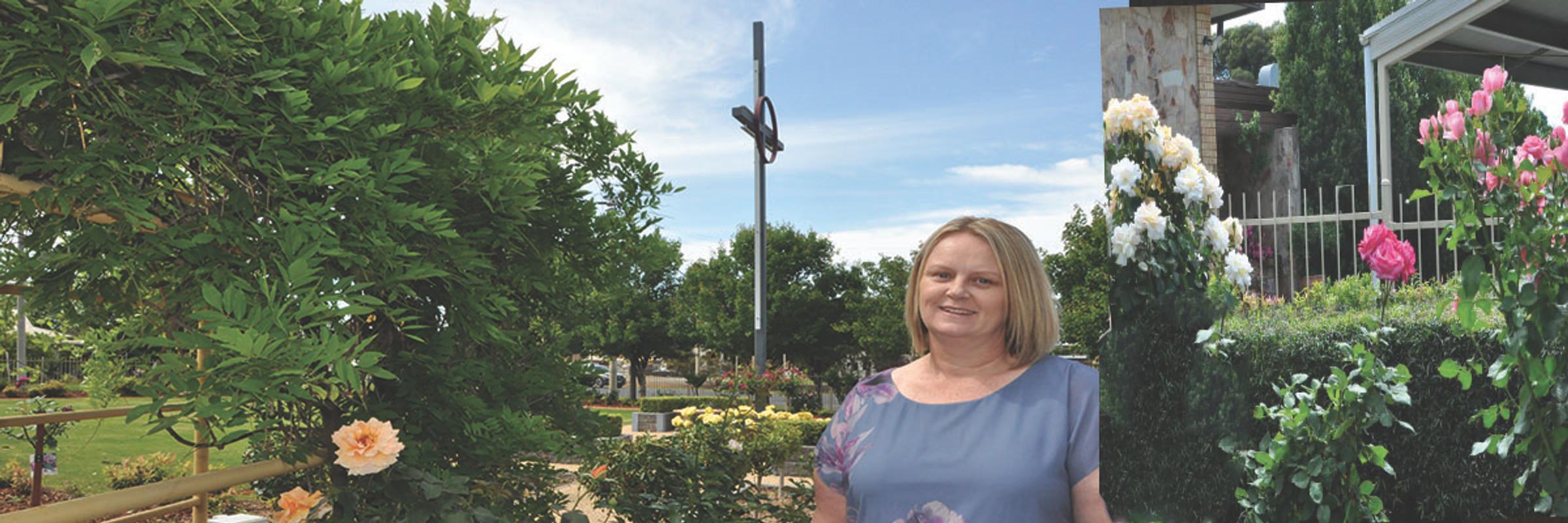Social Work/Well being News

We’ve all heard the saying, ‘Resilient in the face of adversity’… but what does it even mean?
There are many stories about highly successful people who have overcome obstacles such as:
- Michael Jordan, considered by many to be one of the greatest basketball players of all time yet at 15-years of age he was only 5'10", could not yet dunk a basketball and was cut from his high school team.
- Oprah Winfrey, born into poverty and experienced considerable hardship during her childhood including rape.
- Nobel Prize winning physicist Albert Einstein didn’t speak until he was 4 years old, teachers thought he was lazy and was unable to get a job in physics for 2 years after graduation.
- Richard Branson, diagnosed with dyslexia. He didn’t get good marks at school and did poorly on standardised tests
- Charlize Theron witnessed her mother shoot her alcoholic father in an act of self-defense when she was 15 years old. She later became the most respected and talented actress and the first South African actress to win an Academy Award.
We are all faced with challenges in life like arguments with friends, disappointing test results or sporting losses. Some young people face more serious challenges like family breakdown, family illness or death, or bullying. And some have more challenges than others because of learning difficulties or disabilities, or because they have more anxious personalities.
So why is it that some people can handle even the most difficult of circumstances in life without missing a beat, while others seem to crumble at the slightest disappointment or obstacle?
The answer is resilience.
Resilience is the ability to successfully manage life and adapt to change and stressful events in healthy and constructive ways. The Japanese say resilience is like "a willow tree that bends in the storm but does not break."
Just like a tree needs soil, water, sunshine to grow and to be able withstand the storms we also need personal values, skills and attitudes and support to gain resilience.
A resilient person is not just born with characteristics than enable them to cope and deal with adversity. Rather resilience is affected by the quality of interactions within the family, school, and other social environments. Resilience is something that can be taught and nurtured in young people. Most experts agree the building of a resilience starts at an early age. However there is a lot that can be done during later childhood, adolescence, and adulthood to promote resilience in an individual.
So how can we build resilience?
Personal values, skills and attitudes for building resilience
Self-respect is a foundation for resilience. Self-respect grows out of setting standards for behaviour. If you have self-respect, you believe that you matter and believe you should be treated respectfully by others. You are more likely to protect yourself by avoiding risky behaviours and be less vulnerable to bullying.
Empathy, respect for others, kindness, honesty and cooperation are also linked to resilience. This includes showing care and concern for people who need support, accepting people’s differences, being friendly, not mistreating or bullying others, and taking responsibility for your actions. If you show these attitudes and behavior positively towards others, you are more likely to get a positive response in return. This helps you to feel good about yourself.
Social skills are another important building block for resilience. They include skills for making and keeping friends, sorting out conflict, and working well in teams or groups. If you have good relationships at home, school and within community groups you have a better chance to develop connections and a sense of belonging. These social connections also mean that you will probably have more people you can trust when you want to talk about things that worry or upset you.
Feeling confident and capable are big parts of resilience. Important skills in this area are goal-setting, planning, being organised and self-disciplined, being prepared to work hard and being resourceful.
Positive mindset for resilience
Resilience is about being realistic, thinking rationally, looking on the bright side, finding the positives, expecting things to go well and moving forward, even when things seem bad. It’s important to keep things in perspective and remember that one bad thing doesn’t mean everything is bad. Positive self-talk makes you feel good about yourself and the things that are going on in your life.
So for example, when this happens:
Instead of reacting like this,
Think at least I was wearing shoes!
It is important to remember that difficult times are a part of life, and that things will get better.
It’s also good for your child to have simple strategies for turning low moods into better ones. Here are some ideas:
- Do things you enjoy or that help you relax, like watching a funny TV show or movie or reading a good book.
- Spend time with friends or support people.
- Do something kind for someone else
- Do some physical activity, like playing sport or going for a vigorous walk.
- Go over some good memories by looking through photographs.
Support
Challenges are a normal part of life, and young people have to learn to cope with them by themselves. Naturally parents often feel the need to protect and shield their children. But parents can’t always stop children from experiencing problems or tough times. Often they need to try letting their child have a go at dealing with problems before stepping in. Fumbles and even failures are often part of the process.
Parents along with other supportive adults can play a big role in helping their children to build resilience. Friends and classmates can be a great source of support too.
If people have a lot of adverse things happening in their lives there will always be some effect on their well-being. It is essential to know when to ask for help. People can benefit from the help of psychologists and counsellors. Getting the support you need during tough times can help you get through the situation, give you strategies to deal with the situation and give you some perspective.
Please take the time to reflect on the information offered through SchoolTV and we always welcome your feedback. If you have any concerns about your child, please feel free to contact.



